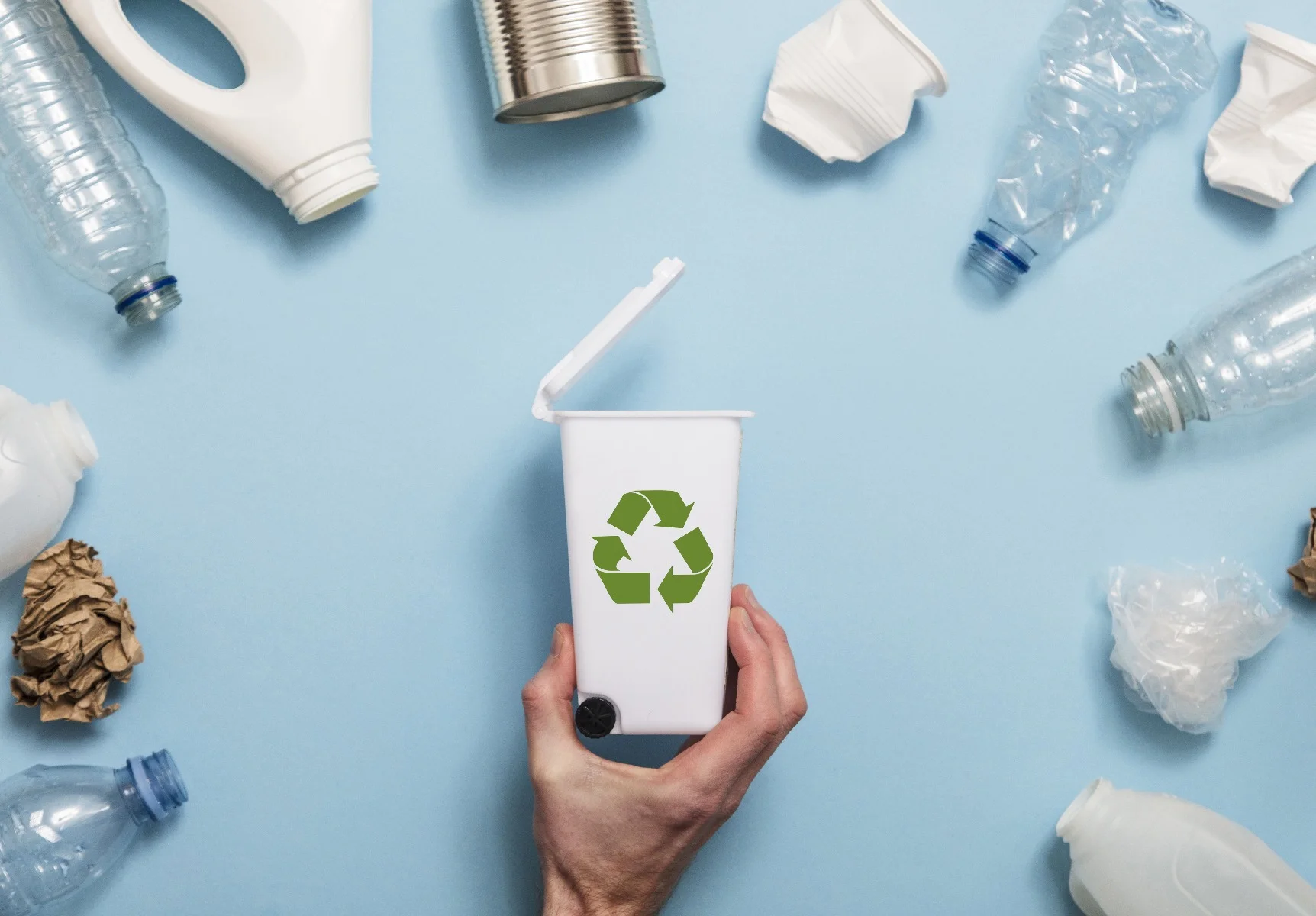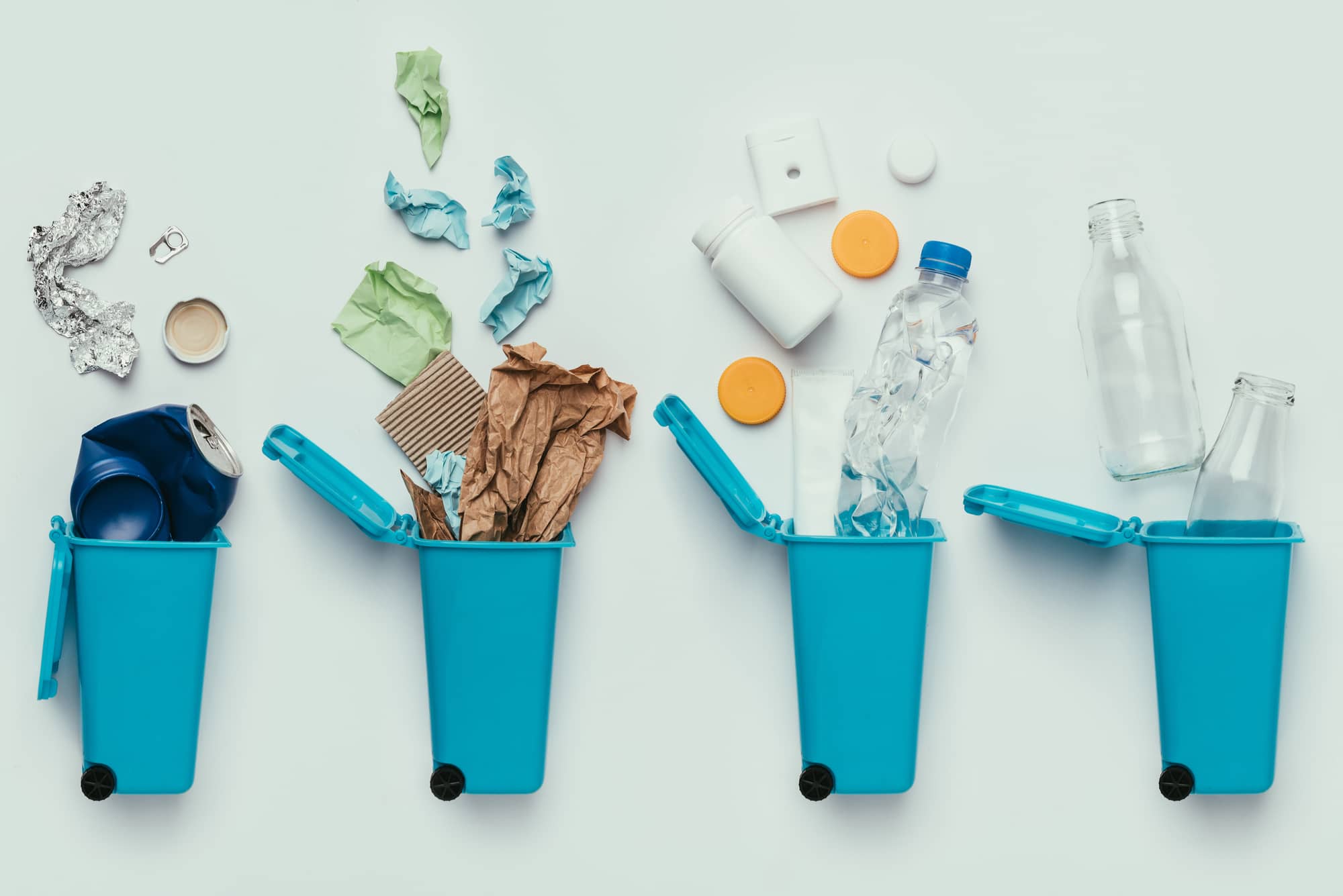A Sustainable Revolution
The transformation of plastic bottle recycling over the past decade has marked a significant turning point in our fight against environmental pollution. What once began as a simple collection and melting process has evolved into a sophisticated industry that combines cutting-edge technology with environmental stewardship. Today’s recycling methods not only process plastic waste but do so in ways that significantly reduce our environmental footprint.
The Journey of a Recycled Bottle
The process begins the moment a plastic bottle enters a recycling facility. Modern recycling centers employ advanced sorting systems that can process thousands of bottles per minute with remarkable accuracy. These systems use artificial intelligence and optical sorting technology to identify different types of plastics, ensuring that each bottle is properly categorized for optimal recycling.
Once sorted, the bottles enter the mechanical recycling phase, where they are transformed through a series of carefully designed steps. The process starts with shredding the bottles into small flakes, which are then thoroughly cleaned using eco-friendly cleaning agents. This cleaning phase has been revolutionized in recent years, with new technologies that use 90% less water than traditional methods while achieving better results.
The cleaned flakes then undergo a remarkable transformation. Through advanced melting and reconstruction processes, these flakes become plastic pellets that are as pure and usable as virgin plastic. This achievement represents one of the most significant breakthroughs in recycling technology, as it allows recycled plastic to meet the same quality standards as new plastic while using only a fraction of the energy.
Environmental Impact and Sustainability
The environmental benefits of modern recycling techniques are substantial and measurable. For every ton of plastic bottles recycled, we save approximately 2.5 tons of carbon dioxide from entering the atmosphere. This reduction in emissions is equivalent to taking a car off the road for three months. Moreover, recycling plastic bottles consumes 75% less energy than producing new ones from raw materials.
Water conservation represents another crucial benefit of modern recycling processes. Today’s recycling facilities operate on closed-loop water systems that reuse and purify water throughout the process. This innovation has resulted in a 90% reduction in water consumption compared to traditional recycling methods, making the process significantly more sustainable.
Industry Adoption and Success Stories
Major corporations have embraced these advanced recycling technologies with remarkable results. Companies like Coca-Cola and Pepsi have invested heavily in recycling infrastructure, leading to significant environmental and economic benefits. For instance, Coca-Cola’s investment in state-of-the-art recycling facilities has enabled them to produce bottles made from 100% recycled plastic in several markets, reducing their carbon footprint by hundreds of thousands of tons annually.
Smaller companies are also making significant strides. Regional bottlers and packaging companies have adopted these technologies, proving that sustainable recycling practices are not just environmentally responsible but economically viable. These companies report cost savings of up to 30% compared to using virgin plastic, while also building stronger relationships with environmentally conscious consumers.
The Future of Plastic Recycling
As we look to the future, emerging technologies promise even greater sustainability in plastic recycling. Scientists are developing new biological recycling methods that use engineered enzymes to break down plastic at the molecular level. This breakthrough could potentially create a perfectly closed loop system where plastic bottles can be infinitely recycled without any loss in quality.
Additionally, the integration of blockchain technology and artificial intelligence is making it possible to track and optimize the recycling process like never before. These systems can monitor the entire lifecycle of a plastic bottle, from production to recycling, ensuring maximum efficiency and minimal environmental impact.
Community Impact and Engagement
The success of plastic bottle recycling ultimately depends on community participation. Modern recycling programs have made it easier than ever for individuals and businesses to participate in the recycling process. Smart collection bins, reverse vending machines, and deposit return schemes have increased recycling rates significantly in communities worldwide.
Education plays a crucial role in this success. Many recycling facilities now operate community outreach programs, offering tours and educational sessions that help people understand the importance of proper recycling practices. These efforts have led to higher participation rates and better-quality recycled materials.
The evolution of plastic bottle recycling represents one of our most successful efforts in creating a more sustainable future. Through technological innovation, industry commitment, and community engagement, we have transformed plastic bottle recycling from a simple waste management solution into a cornerstone of environmental sustainability. As these technologies continue to advance and become more widely adopted, their positive impact on our environment will only grow, proving that sustainable solutions can benefit both our planet and our economy.


